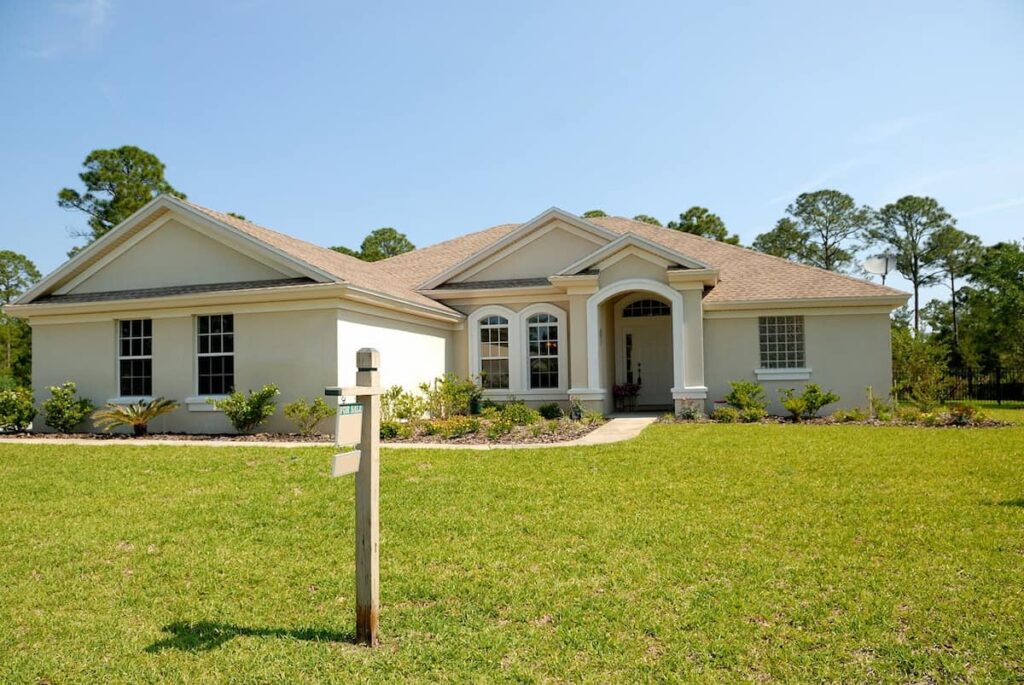Leaving your home, either by selling or renting it out, can be very emotional. It is where many of your life milestones have happened. However, life happens, and there comes a time when you have to move. Deciding whether to sell or rent your home can be a difficult decision. There are several things to consider, and there are pros and cons of each option. In this article, we’ve outlined the key factors to consider before renting out or selling your home.
1. Your financial situation
Should I keep my house as a rental or sell it? Your answer largely depends on your financial situation. Look into such things as:
- Property taxes
- Capital gain taxes
- Mortgage payments
- Implications of owning two houses
- Life goals or financial obligations that may affect your decision
If you opt to rent out your house, you want to make sure the rental income surpasses your mortgage payments, property taxes, as well as property maintenance cost.
In addition, renting out a property comes with costs such as maintenance, property management, and legal obligations. If you have other major financial obligations like a student loan or need a down payment for your next home, then selling may be your best option.
2. The local housing market
Analyzing the market conditions in your local area is another key step in deciding whether to rent or sell your house. If the prices of rental properties in your area are on the rise, it is advisable to rent your house out instead of selling. Selling would mean missing out on the opportunity to maximize your profits.
You also need to understand the buyer’s market and the seller’s market. In a buyer’s market, there is an oversupply of properties and fewer buyers, resulting in lower prices. In a seller’s market, there are fewer properties and many buyers. This results in high competition among buyers, which leads to higher prices.

3. Type of rental
What type of rental would you like to offer? Short-term or long-term? Each option has advantages and disadvantages, and understanding them will help you make the right decision for your financial situation and property.
Most landlords opt for long-term rentals because they offer predictable income, less turnover, and more stability. However, if you decide to go with this option, you will need to invest more in property maintenance. You will also not be able to adjust rent frequently as you would with short-term rentals. Regardless of these disadvantages, long-term rentals are a more manageable option for most landlords and a reliable source of income.
Short-term rentals offer more flexibility and rental income. If you plan to return to your home after a few months or years, they are the best option for you. However, with short-term rentals, you will need frequent maintenance and more tenant screening, and they have a high turnover rate. In addition, short-term rentals are not allowed in some areas, so you will need to check with your local authority.
4. Landlord responsibilities
Owning and managing a rental property requires time and energy. You have several responsibilities as a landlord, and if you are willing to invest your time and effort into being a good landlord, then you should probably sell your property. Here are some of your responsibilities as a landlord:
- Property maintenance and repairs: It is your responsibility as a landlord to provide a safe and habitable place for your tenants. You should ensure your property is properly maintained and necessary repairs are done. You also need to provide the necessary utilities, including water, electricity, and heating systems
- Legal obligations: If you decide to rent out your property, you will need to adhere to legal obligations that protect you and your tenants. You need to stay up to date with relevant laws and regulations related to fair housing, tenant rights, safety, and health
- Tenant management: As a landlord, you will be in charge of tenant management. This includes things like tenant screening, evictions, handling complaints, and finding new tenants
5. The appeal of your rental property
You may have outgrown your home, but it could be a dream home for another person. Evaluating your property’s appeal can help you decide whether to rent it out or sell it.
If your property has features and amenities that set it apart from other properties in your area, then it may be in your best interest to rent it out instead of selling. Some of the most sought-after features and amenities by renters include:
- Security
- Walkability
- Parking spaces
- Hard flooring
- Community gyms
- Storage spaces
- Backyard
- Air conditioning
Before making your decision, decide if your property offers amenities that make it more appealing to renters. See if you can add some of these amenities to make your property more appealing and if it would be worthwhile depending on their cost.
6. Distance
It can be very difficult to manage a rental property if you are moving to another city or state. Although the costs of traveling to visit your rental property are tax-deductible, they can hugely affect your rental profit. It would be more sensible to hire a property management company, but even then, you will need to factor in the cost of working with a property management company.
7. Real estate professional insights
Real estate professionals such as agents and property managers have vast knowledge about the local housing market, and they can help you make an informed decision. They can help you weigh the pros and cons of selling or renting.
Endnote
Deciding whether to sell or rent out your property can be complex. It’s a decision that will impact you for the rest of your life, so be sure to research and consult before making your final decision.




